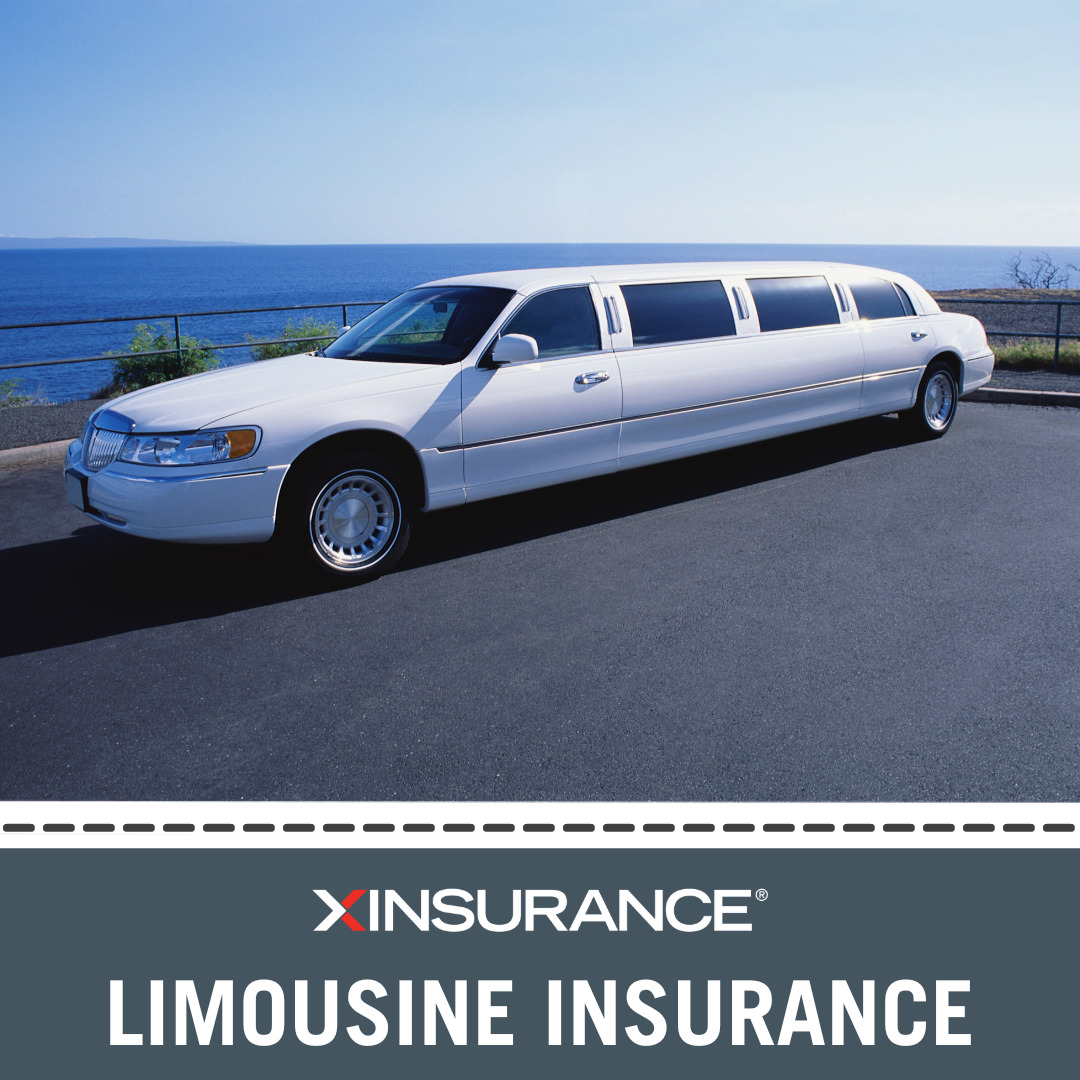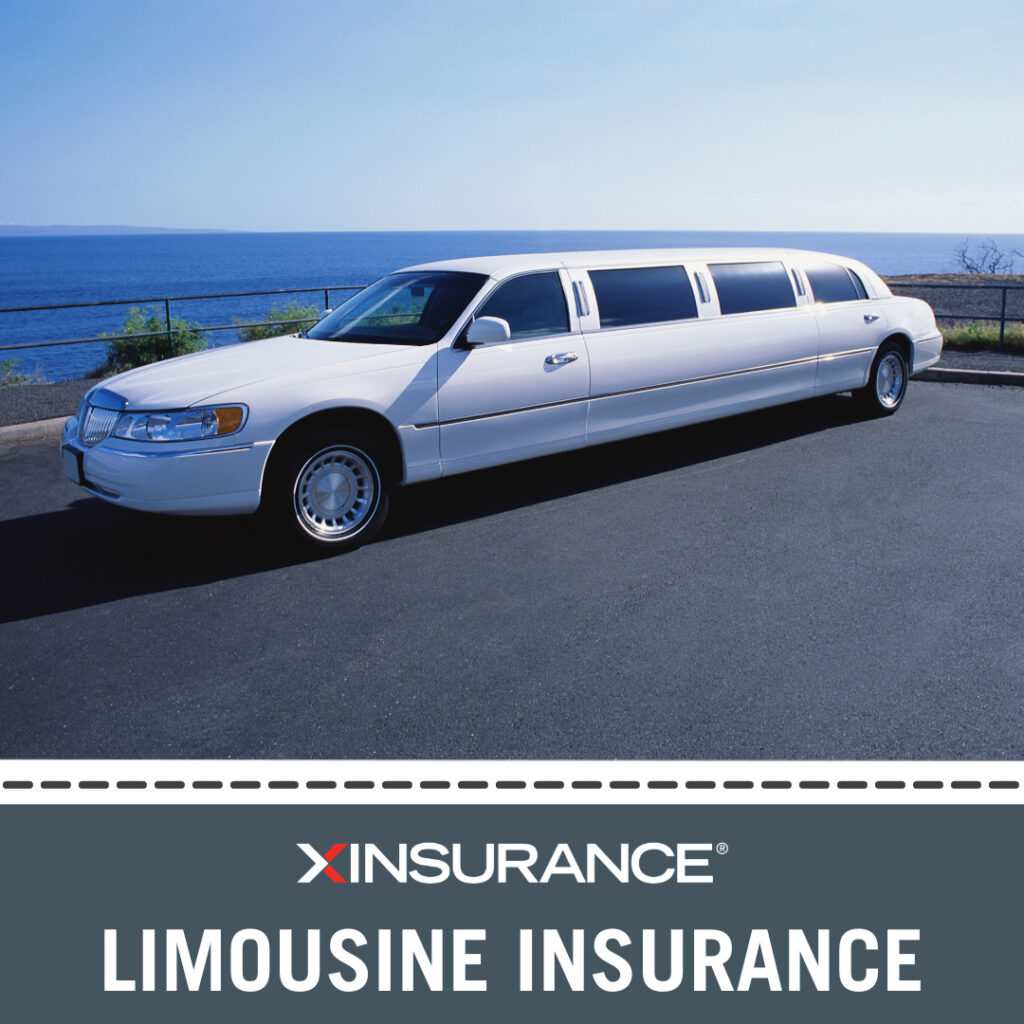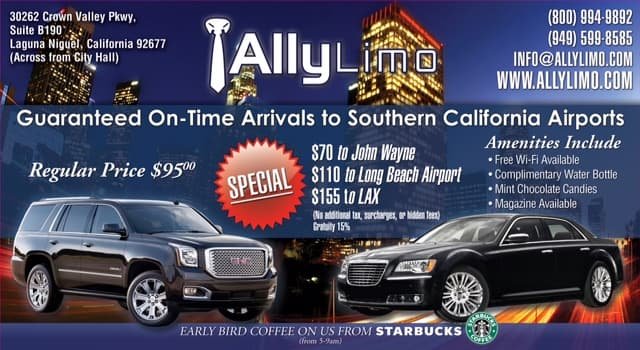Did you know that a comprehensive insurance policy is vital for every limo service? With luxury vehicles and clientele to protect, a robust insurance policy provides peace of mind and financial security. From accidents to property damage, a reliable insurance policy ensures that both the limo service and their passengers are well-protected. But what exactly does an insurance policy for a limo service cover?
When it comes to insurance coverage, a limo service policy typically includes general liability insurance, commercial auto insurance, and umbrella insurance. General liability insurance safeguards against bodily injury or property damage caused by a limo service. Commercial auto insurance covers accidents, collisions, and theft involving the limousines. Additionally, umbrella insurance offers extra liability protection beyond the limits of general liability and commercial auto insurance policies. This comprehensive coverage ensures that a limo service is protected from unforeseen events and potential liabilities.
A professional limo service typically has various insurance policies to ensure passenger safety and protection. These policies may include liability insurance, which covers injuries or damages to passengers and third parties, as well as commercial auto insurance for accidents involving the limo. Additionally, a comprehensive policy may cover property damage, theft, and medical expenses. It’s important to choose a reputable limo service that prioritizes passenger safety and carries the necessary insurance coverage.

What Insurance Policy Does a Limo Service Have?
A limo service is an upscale transportation option that provides comfortable and luxurious travel experiences. As with any business that offers services to the public, a limo service must have proper insurance coverage to protect itself, its passengers, and its vehicles. In this article, we will explore the insurance policy that a limo service typically has and the importance of such coverage.
Liability Insurance
One of the primary insurance policies that a limo service must have is liability insurance. Liability insurance provides coverage for bodily injury and property damage that may occur while operating the limousine. This type of coverage protects both the limo service and its clients in case of accidents or incidents.
Liability insurance for a limo service typically includes both general liability and auto liability coverage. General liability coverage protects against claims for bodily injury and property damage that may occur outside of the vehicle, such as slips and falls. Auto liability coverage, on the other hand, provides protection for accidents or incidents that occur while the vehicle is in use, such as collisions or damage caused by the limo.
Having liable insurance for a limo service is crucial because it minimizes the financial risks associated with accidents and incidents. It ensures that the limo service can compensate injured parties, cover property damage costs, and handle any legal expenses that may arise from such events.
Commercial Auto Insurance
In addition to liability insurance, a limo service must also have commercial auto insurance. Commercial auto insurance is specific to businesses that use vehicles for commercial purposes. It provides coverage for the limousines used by the service, including both owned and hired vehicles.
Commercial auto insurance for a limo service typically includes comprehensive coverage, collision coverage, and uninsured/underinsured motorist coverage. Comprehensive coverage protects against damages to the limousines caused by events other than accidents, such as theft or vandalism. Collision coverage provides protection for damages caused by accidents or collisions. Uninsured/underinsured motorist coverage helps cover costs if the driver of another vehicle involved in an accident does not have sufficient insurance coverage.
Worker’s Compensation Insurance
Worker’s compensation insurance is another important policy that a limo service is required to have. This type of insurance provides coverage for employees who may be injured or become ill while performing their job duties. As a limo service typically employs drivers and other staff members, worker’s compensation insurance is necessary to protect the employees and the business.
Worker’s compensation insurance for a limo service covers medical expenses, lost wages, and disability benefits for employees who experience work-related injuries or illnesses. It ensures that employees receive the necessary financial support while they recover from their injuries or illnesses, and it protects the limo service from potential lawsuits related to workplace accidents.
Business Interruption Insurance
While not as common as liability or auto insurance, some limo services opt to have business interruption insurance. This type of insurance provides coverage for income loss or additional expenses that may arise if the business operations are interrupted or temporarily halted due to unforeseen events, such as natural disasters or major accidents.
Business interruption insurance is particularly important for limo services that heavily rely on their vehicles for daily operations. It helps cover the financial losses and expenses that may occur during the interruption, such as the costs of temporary transportation arrangements or lost bookings.
Other Policies and Considerations
In addition to the aforementioned insurance policies, there are other coverage options that a limo service may consider. These include:
- Garagekeepers insurance, which provides coverage for damages to clients’ vehicles while they are in the care, custody, and control of the limo service.
- Excess liability insurance, which offers additional coverage beyond the limits of the primary liability insurance policy.
- Medical payments coverage, which helps cover medical expenses for passengers injured in accidents.
- Non-owned auto insurance, which provides coverage for vehicles that the limo service may hire or borrow from others.
It is important for a limo service to carefully assess its needs and consult with insurance professionals to determine the most appropriate insurance policies and coverage limits for their specific operations. By having the right insurance policies in place, a limo service can operate with confidence, knowing that it is protected in case of unforeseen events.
What Are the Key Insurance Policies for a Limo Service?
As a limo service owner or operator, it is crucial to have the right insurance policies to protect your business, employees, and clients. The key insurance policies that a limo service should have include:
- Liability insurance, which provides coverage for bodily injury and property damage that may occur while operating the limousine.
- Commercial auto insurance, which protects the limousines used by the service.
- Worker’s compensation insurance, which provides coverage for employees who may be injured or become ill while performing their job duties.
- Business interruption insurance, which covers income loss or additional expenses during interruptions in business operations.
In addition to these key policies, there are other coverage options that a limo service may consider based on its specific needs. By working with insurance professionals and evaluating the risks associated with their operations, limo service owners can ensure they have the right insurance coverage in place to protect their business interests.
Key Takeaways:
- Limo services typically have a commercial auto insurance policy that provides coverage for liability, physical damage, and medical expenses.
- They may also have additional insurance coverage, such as general liability insurance, to protect against claims that may arise from accidents or injuries that occur in or around the limo.
- Some limo services may choose to purchase excess liability insurance for added protection beyond the limits of their primary auto insurance policy.
- It is important for a limo service to have comprehensive coverage to protect their clients, employees, and assets from potential risks and liabilities.
- When hiring a limo service, it is wise to ask about their insurance coverage and ensure that they have adequate protection in place.
Frequently Asked Questions
When it comes to limo services, having the proper insurance policy is essential. It not only protects the limo service company but also ensures the safety and security of its passengers. In this FAQ section, we will answer some common questions related to the insurance policies that a limo service typically has in place.
1. What types of insurance policies do most limo services have?
Most limo services have a combination of commercial auto insurance, general liability insurance, and worker’s compensation insurance. These policies provide coverage for accidents, property damage, bodily injury, and protection for the employees of the limo service company.
Commercial auto insurance specifically covers any damages or losses resulting from incidents involving the limousines owned or operated by the service. General liability insurance covers any third-party claims, such as injuries or property damage caused by the limo service or its employees. Worker’s compensation insurance provides coverage for medical expenses and lost wages for employees who are injured on the job.
2. How much coverage is typically provided by a limo service’s insurance policies?
The coverage amount can vary depending on the size and specific needs of the limo service company. However, it is common for these insurance policies to provide liability coverage in the range of $1 million to $5 million. This ensures that the company is adequately protected in the event of a lawsuit or significant damages.
In addition to liability coverage, the insurance policies also cover property damage, medical expenses, and other potential costs associated with accidents or incidents involving the limo service.
3. Are the passengers of a limo service covered by the insurance policies?
Yes, the passengers of a limo service are typically covered by the insurance policies. In the event of an accident or injury during the course of the limo service, the insurance policies can provide compensation for medical expenses, pain and suffering, and other related costs.
It is important for passengers to ensure that the limo service they choose has proper insurance in place to protect their interests in case of any unfortunate incidents.
4. Are there any additional insurance options that a limo service can consider?
Yes, depending on the specific needs of the limo service and the types of services they provide, there may be additional insurance options to consider. For example, some limo services may opt for excess liability insurance to provide additional coverage above the standard policy limits.
In addition, if the limo service operates in a location where natural disasters or extreme weather conditions are common, they may consider adding comprehensive coverage to protect their vehicles from any damages caused by these events.
5. How can I ensure that the limo service I hire has the proper insurance coverage?
Before hiring a limo service, it is important to inquire about their insurance coverage. Ask them specifically about the types of insurance policies they have in place, the coverage amounts, and whether they provide coverage for passengers.
Additionally, you can request a copy of their insurance certificates and verify the information with the insurance provider to ensure that the coverage is up to date and valid. It is better to be proactive and ensure that you are hiring a limo service with adequate insurance coverage for your peace of mind.
To protect themselves and their passengers, a limo service typically has several insurance policies in place. One crucial policy is commercial auto insurance, which covers damages to the limousine and liability for injuries or property damage caused by the vehicle. This policy is especially important as limousine services transport clients and their belongings, so having coverage in case of accidents is crucial.
In addition to commercial auto insurance, a limo service may also have general liability insurance. This policy covers injuries or property damage that occur outside of the vehicle, such as while entering or exiting. It provides coverage for accidents that happen during the course of the limo service’s operations. By having these insurance policies in place, a limo service can ensure that they are adequately protected in case of any unforeseen events or accidents.






